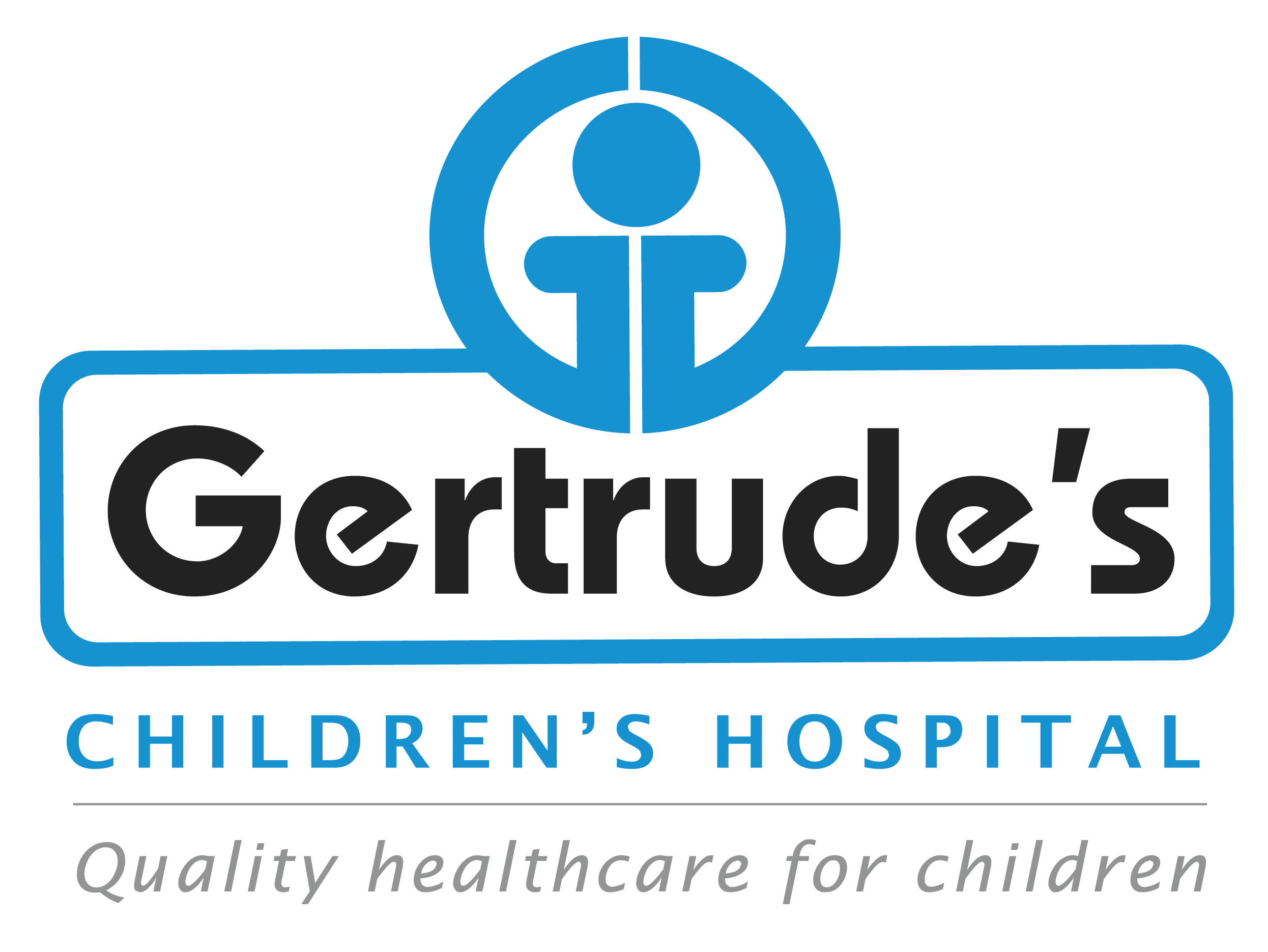Receding gums, also called gum recession, occur when the gum tissue around the teeth pulls back or wears away, exposing the roots of the teeth. While often associated with adults, this condition can affect children as well. Early detection and treatment are essential to protect your child’s oral health and prevent complications like sensitivity, decay, or tooth loss.
Symptoms
Common signs of receding gums in children include:
• Gums that appear to be shrinking or pulling away from the teeth
• Tooth sensitivity, especially to hot, cold, or sweet foods and drinks
• Teeth that look longer due to exposed roots
• Red, swollen, or tender gums
• Bleeding during brushing or flossing
• Gums that appear to be shrinking or pulling away from the teeth
• Tooth sensitivity, especially to hot, cold, or sweet foods and drinks
• Teeth that look longer due to exposed roots
• Red, swollen, or tender gums
• Bleeding during brushing or flossing
Causes
Several factors can contribute to gum recession in children, such as:
• Aggressive brushing or flossing: Using too much pressure can wear away gum tissue.
• Poor oral hygiene: Plaque buildup can lead to gum inflammation and eventual gum recession.
• Orthodontic issues: Misaligned teeth or braces can put pressure on the gums.
• Gum disease: Gingivitis or periodontitis can weaken gum tissue, causing it to recede.
• Genetics: A family history of receding gums may increase the likelihood of the condition.
• Teeth grinding or clenching: This habit can damage gums over time.
• Aggressive brushing or flossing: Using too much pressure can wear away gum tissue.
• Poor oral hygiene: Plaque buildup can lead to gum inflammation and eventual gum recession.
• Orthodontic issues: Misaligned teeth or braces can put pressure on the gums.
• Gum disease: Gingivitis or periodontitis can weaken gum tissue, causing it to recede.
• Genetics: A family history of receding gums may increase the likelihood of the condition.
• Teeth grinding or clenching: This habit can damage gums over time.
Diagnosis
At Gertrude’s Children’s Hospital, our dental team will:
• Examine your child’s gums and teeth for signs of recession and plaque buildup
• Review your child’s oral hygiene routine and habits
• Use X-rays or other imaging tools to check for underlying issues like bone loss
• Examine your child’s gums and teeth for signs of recession and plaque buildup
• Review your child’s oral hygiene routine and habits
• Use X-rays or other imaging tools to check for underlying issues like bone loss
Treatment Options
The treatment for receding gums depends on the severity and underlying cause. Options may include:
• Improved oral hygiene: Teaching your child gentle brushing and flossing techniques.
• Scaling and cleaning: Removing plaque and tartar buildup to reduce gum inflammation.
• Orthodontic treatment: Correcting misaligned teeth to alleviate gum pressure.
• Nightguards: Protecting teeth and gums from damage caused by grinding.
• Gum grafts: In severe cases, a minor surgical procedure may be needed to restore lost gum tissue.
Our pediatric dental team works closely with you and your child to create a personalized treatment plan that promotes healthy gums and long-term oral health.
• Improved oral hygiene: Teaching your child gentle brushing and flossing techniques.
• Scaling and cleaning: Removing plaque and tartar buildup to reduce gum inflammation.
• Orthodontic treatment: Correcting misaligned teeth to alleviate gum pressure.
• Nightguards: Protecting teeth and gums from damage caused by grinding.
• Gum grafts: In severe cases, a minor surgical procedure may be needed to restore lost gum tissue.
Our pediatric dental team works closely with you and your child to create a personalized treatment plan that promotes healthy gums and long-term oral health.
Frequently Asked Questions
Q: Can children’s gums grow back after receding?
A: Once gum tissue has receded, it doesn’t grow back. However, early intervention can prevent further recession and protect the gums.
Q: How can I prevent receding gums in my child?
A: Teach your child gentle brushing and flossing, encourage regular dental checkups, and address habits like teeth grinding or misalignment early.
Q: Is gum recession in children a serious problem?
A: If left untreated, gum recession can lead to sensitivity, decay, and even tooth loss. Early diagnosis and treatment are key to preventing complications.
Contact
Please feel free to contact us with any general or medical enquiry by calling us.





